In a tale that reads straight out of a corporate espionage novel, DJI, the world-renowned drone manufacturer, finds itself at the center of a controversy that could rival any high-stakes thriller. Recent discoveries by Half Chrome and Konrad Iturbe suggest that DJI may be dodging potential restrictions by the U.S. Federal Communications Commission (FCC) through the use of shell companies to continue selling their drones under different names. Let’s unpack this saga and understand the implications it may have.
Hat tip to Half Chrome for getting their hands on the drone and to Konrad for doing a lot of the research and digging up the photos! See below.
The Art of Disguise: Cogito and Specta Air
At the heart of the controversy is a company named Cogito, registered in Hong Kong, which is reportedly selling the Air3 drone under the moniker Specta Air. This maneuver comes as some members of Congress push for DJI to be added to the FCC’s “Covered List,” which would place it in the same category as companies like Huawei and ZTE, known for their contentious relations with U.S. national security interests.
Evidence suggests that Cogito’s operations are not as independent as they claim. The Specta drone, ostensibly a product of Cogito, shares an uncanny resemblance with DJI’s Air3 — from batteries to body design and even propellers. This revelation raises eyebrows, given DJI’s reputation for not licensing its designs to other manufacturers.
Beyond the Surface: The Plot Thickens
Further digging into the matter by Iturbe reveals that Cogito isn’t the only entity in this elaborate scheme. Anzu Robotics, for instance, has been caught selling a drone suspiciously similar to DJI’s Mavic 3E/3T, albeit in an “ugly green” hue.

Another company, Skycatch, Inc., has been linked to DJI through a partnership but also appears to be peddling a drone strikingly similar to a DJI Matrice, under the guise of the Skycatch Explore2.
What makes these revelations particularly alarming is the implications for U.S. national security. The use of shell companies to circumvent potential FCC restrictions not only raises questions about corporate ethics but also about the possibility of espionage.
The drones sold by these shell entities lack certain features that make DJI’s offerings compliant and user-friendly in the U.S., such as compatibility with RemoteID, spare parts availability, and the DJI Care perks.
The Tech Behind the Mask
One critical aspect of these drones that’s been altered in the transition to shell companies is the remote control (RC) system. Unlike genuine DJI products, none of the drones sold through these alleged shell companies use the DJI RC-N1, meaning they circumvent the app ecosystems of Apple’s App Store and Google Play. This move suggests a potentially darker motive, as it allows for the operation of the drones and their apps outside the scrutiny of these major tech platforms.
A Call for Creativity and Transparency
The situation brings to light the intricate lengths companies may go to in order to navigate around regulatory barriers. While the creativity of such endeavors could be lauded in a different context, when it comes to national security and consumer TRUST, the stakes are far too high for games of corporate cat-and-mouse.
As the FCC and other regulatory bodies take a closer look at these practices, the hope is for a future where innovation thrives within the bounds of transparency and integrity. For DJI and its mysterious affiliates, the message is clear: the world is watching, and it’s time to come clean.
DroneXL is reaching out to DJI for comments and we will update the article with their response.






















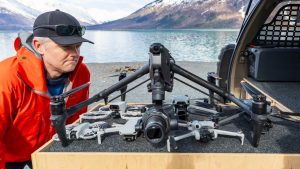
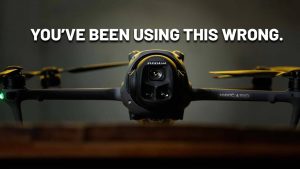





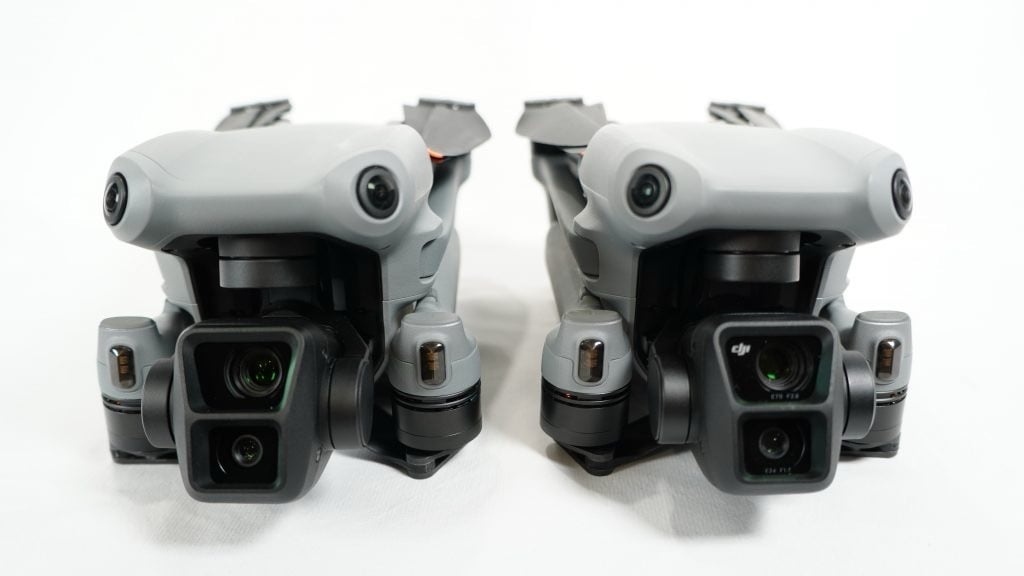



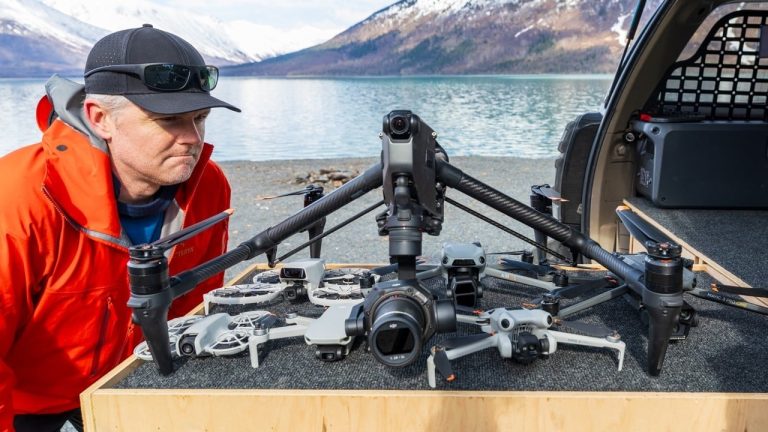
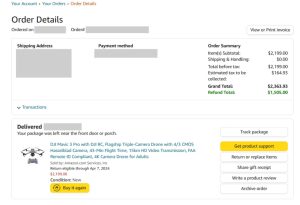

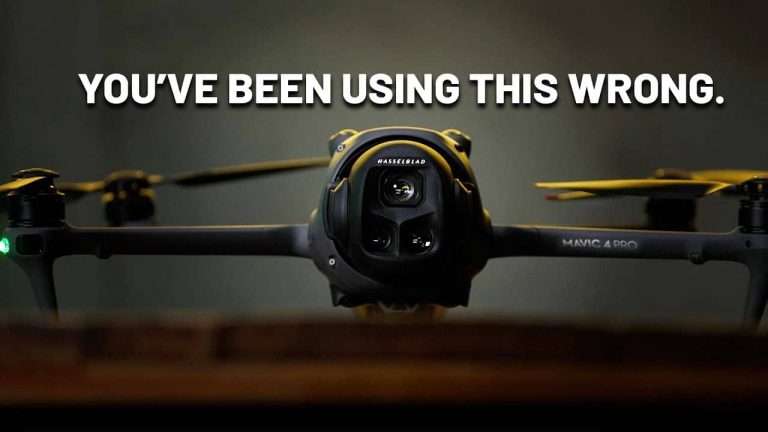


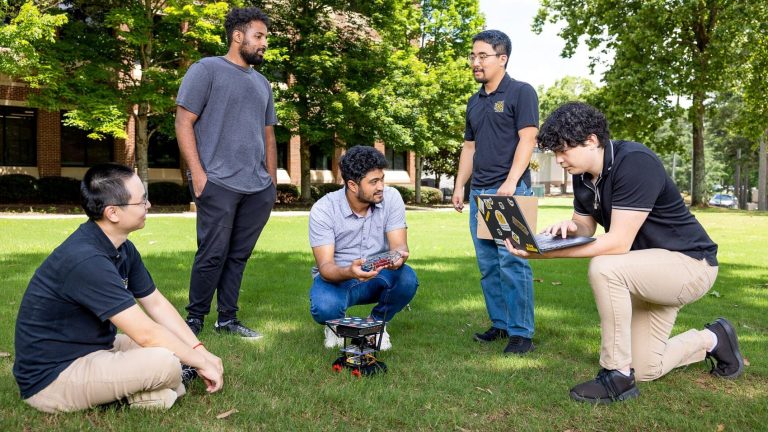
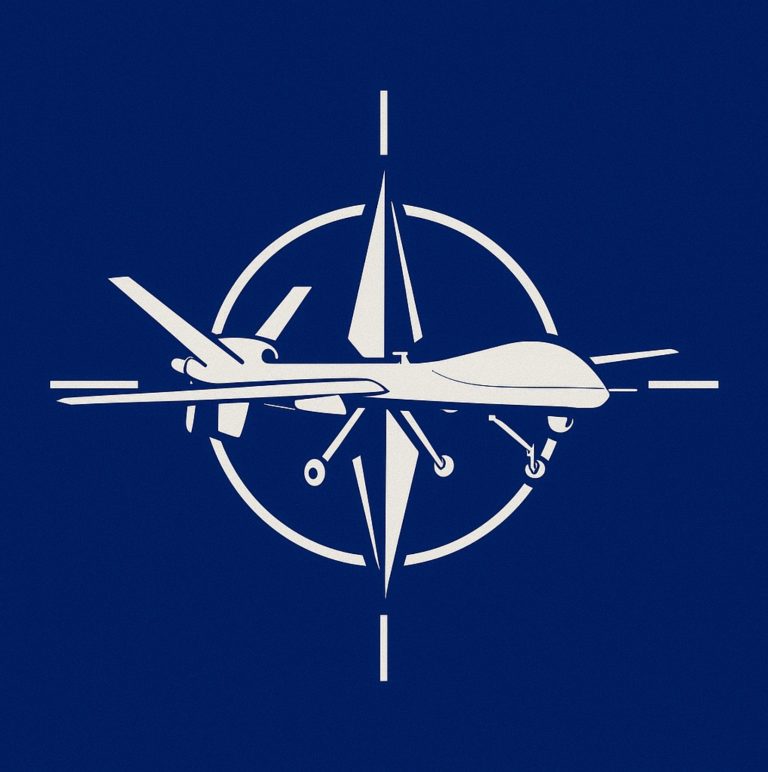
+ There are no comments
Add yours